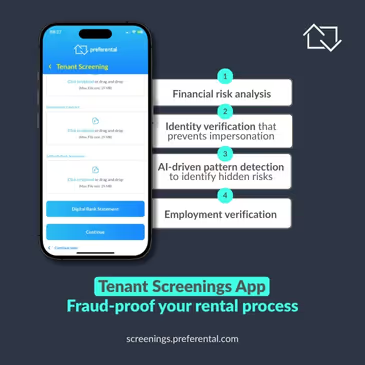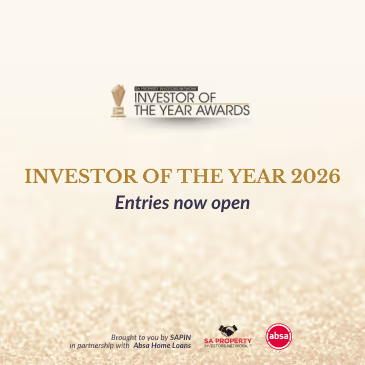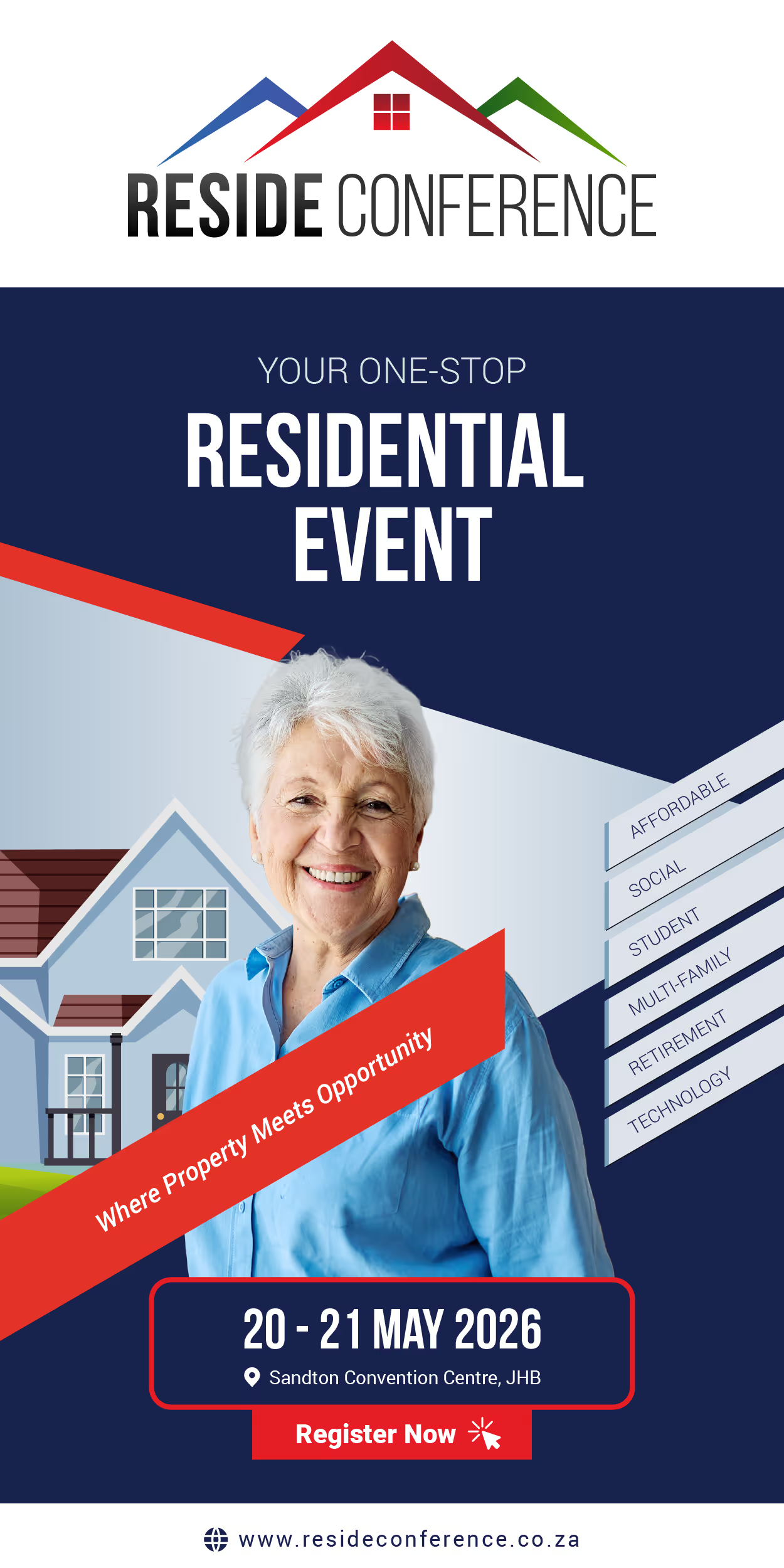Flexible Workspaces outpace traditional leases in a shifting market
- Traditional office leases lock companies into rigid costs, draining startups and corporates of agility in a volatile business environment.
- Workshop17 proves that flexible, scalable workspaces are not just convenient, they are strategic tools that fuel growth and resilience.
- The future of workspaces is elastic: modular, on-demand, and people-centred, empowering teams while protecting balance sheets.
Traditional Leases vs the New Reality
Commercial real estate was built for an industrial economy. Multi-year office leases suited banks, law firms, and corporates who could predict their needs. But in today’s climate, where growth is non-linear and uncertainty is constant, that model has become a liability.
“Locking into long-term leases before achieving product-market fit is dangerous,” says Paul Keursten, CEO of Workshop17. “We’ve seen too many startups fail under the weight of fixed overheads. Space should flex with your business, not hold it back.”
The pandemic underscored this truth. Offices sat empty while companies still paid rent, forcing leaders into tough choices—cut headcount or carry unused space. Either way, the old model exposed its flaws.
What’s Working at Workshop17
At Workshop17, office space is treated not as a cost centre, but as a strategic enabler. Their model offers companies freedom: to grow without heavy liabilities, to experiment without locking into fixed infrastructure, and to focus on core business rather than overheads.
Keursten explains: “Our spaces are designed like cloud computing: scalable, modular and on-demand. Need a boardroom in Cape Town for a day, or a cluster of desks in Sandton for a sprint? Done. It’s not just convenience. It’s about creating secure, serviced, and inspiring spaces that support hybrid teams and business growth.”
Workshop17’s philosophy extends beyond square metres. From shared infrastructure to community ecosystems, the company enables teams to thrive in collaborative, energising environments while keeping costs predictable.
The People Factor
The office is more than bricks and desks. It’s a signal to teams about what the company values. “Your people want a space where they feel alive, valued, and inspired,” says Keursten. “Flexibility isn’t just financial, it’s cultural. It tells your team you trust them to work smart.”
This shift away from vanity offices and “ping-pong culture” is evident in how companies now balance remote work with flexible physical spaces. The most successful founders treat space like capital—used carefully, with measurable return.
The Way Forward
The winners of the next decade won’t be those locked into 5-year leases. They’ll be the companies treating workspace as a variable input, scaling up or down as opportunities shift, and using flexibility as a resilience strategy.
As Keursten concludes: “It’s time to stop thinking of office space as a destination. It’s a tool. When used wisely, it can accelerate growth, protect cash flow, and give teams a place to build with purpose.”













.avif)


.avif)

.avif)




.svg)





























.avif)
